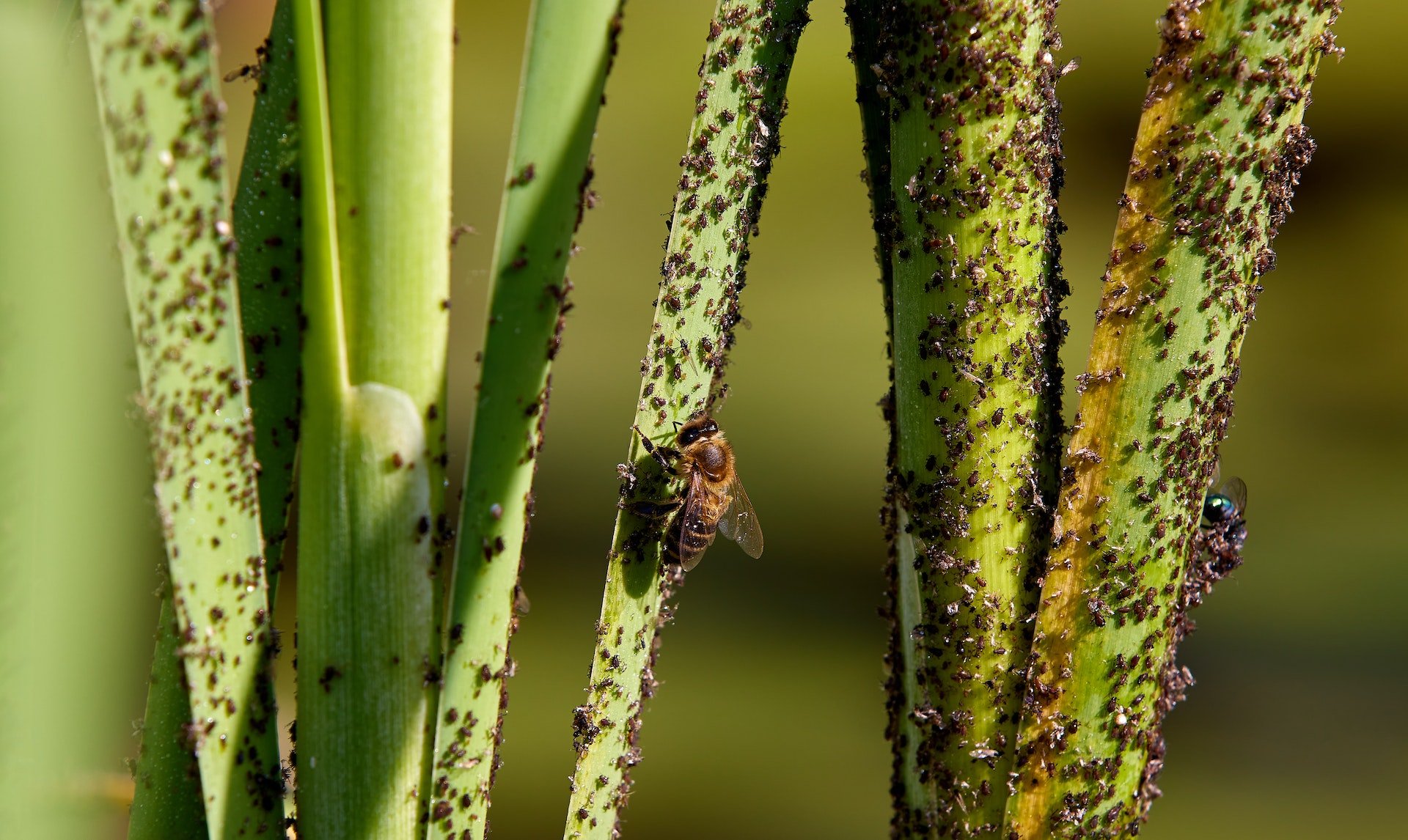Using organic pest control methods is great for maintaining a healthy and thriving ecosystem that is free from synthetic pesticides. Chemical pesticides can have negative effects on the environment and beneficial insects, causing imbalances and even leading to the extinction of certain species.
If you are growing organic vegetables, it may be worthwhile to consider using organic pest control methods to ensure that the chemicals won’t leech into your veggie garden.
We’ll be exploring the different organic pest control methods available for Australian gardens and help you identify common garden pests, and provide natural solutions to eliminate them.
Understanding organic pest control methods
Organic pest control methods are techniques for managing pests that do not involve the use of synthetic chemicals. These methods usually involve using natural and organic substances or non-chemical methods to manage pests in a manner that is eco-friendly and low-risk to the environment and human health.
One of the benefits of using organic pest control methods is that they are cost-effective. Natural ingredients are readily available, and some can even be grown in the garden. In contrast, synthetic pesticides can be expensive and can damage the soil and the plants.
Examples of common natural ingredients used for garden protection include neem oil, garlic, onion, hot pepper, and vinegar. These ingredients are typically mixed with water and sprayed onto plants to deter pests. They work by overwhelming the pests’ senses and making the plant less attractive to them.
Preventative measures to reduce pests
Preventing pests from infesting your garden is key to maintaining a healthy ecosystem. Here are some tips on maintaining plant health to prevent infestations:
1. Choose healthy plants
Buy plants that are healthy and free from pests and diseases. Introducing an already diseased plant is an easy way of introducing a foreign pest, disease or weed into your garden that will later cause issues for your other plants.
2. Maintain plant health
Keep your plants well-nourished and adequately watered. Irregular watering can cause distress to otherwise healthy plants and maintaining good plant health is a good way to improve your gardens’ resiliency to pests and disease.
3. Remove dead or diseased leaves
Remove any dead or diseased leaves as soon as possible to avoid spreading the disease to healthy plants. Dead, damaged, and diseased tissue are access points for plant disease. Removing these proactively from your healthy plants will also reduce the likelihood of diseases spreading in your garden.
4. Clean your garden
Keep your garden clean by removing debris and weeds. This will reduce the number of places pests can hide.
5. Companion planting
Companion planting is another preventative measure that can be used to reduce pests. Companion planting involves planting different species of plants together that benefit each other. For example, marigolds can be planted around tomatoes to keep pests away, as they emit a scent that repels them.
Identifying garden pests in Australia
Identifying garden pests in Australia can be challenging, as there are many different types of pests that can cause damage to plants. Common types of garden pests found in Australia include aphids, mites, thrips, caterpillars, and slugs. Some pests like caterpillars and slugs tend to eat plants at night, making it difficult to identify them.
If you notice your plants are being eaten or damaged, it is essential to determine the type of pest causing the problem. This will help you select the appropriate pest control method to use. Insect traps can be useful for identifying pests in your garden. Simply hang the traps near your plants, and they will attract the pests.

Natural ways to eliminate garden pests organically
Homemade remedies made with essential oils, herbs, and other household items can be effective in controlling pests in your garden. Here are some easy-to-make remedies:
1. Garlic spray
Mix chopped garlic, hot pepper, and dish soap with water and spray onto plants. This will repel pests like aphids and mites.
2. Neem oil
Neem oil is a natural insecticide that can be used to control pests like aphids, mites, and whiteflies. Mix neem oil with water and dish soap and spray onto plants.
3. Vinegar spray
Mix vinegar and water and spray onto plants to deter pests like slugs and snails. The acid in the vinegar will irritate their skin, causing them to move on to other plants.

Using beneficial insects for pest control
Beneficial insects can be used to control pests organically. These insects are natural predators of pests and can help keep their populations in check. To attract beneficial insects to your garden, plant flowers like marigolds, daisies, and sunflowers. These flowers produce nectar, which attracts beneficial insects.
Here are some beneficial insects that can help with minimising annoying plant pests in your garden.
1. Ladybirds
Ladybirds feed on aphids and mites.
2. Lacewings
Lacewings feed on aphids, mites, and caterpillars.
3. Praying mantis
Praying mantis feed on a variety of pests, including caterpillars and grasshoppers.
Final thoughts on maintaining an eco-friendly garden
Maintaining an eco-friendly garden is essential for the health of our ecosystem. Using organic pest control methods and preventative measures can help keep pests at bay and reduce the need for chemical pesticides. Identifying pests and using natural remedies like neem oil and garlic spray can effectively control pests without harming the environment. By using beneficial insects and environmentally friendly products like those recommended by Bunnings, we can create a healthy and thriving garden ecosystem.
Need help with your garden? 2 Men and a Shovel can help you with your dream garden landscaping project.






